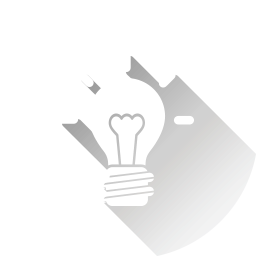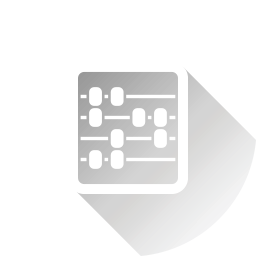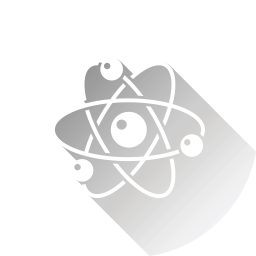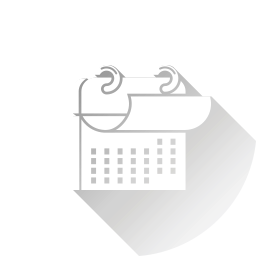Chat with our team to learn about our executive function coaching program for students in grades 2 through College.
EXECUTIVE FUNCTION SKILLS
The foundation of academic success.
Learn More About The Engaging Minds Approach to Executive Function Coaching
Research has shown that many students who struggle academically are not less intelligent than their peers, but instead, often do not have the tools and strategies they need to effectively organize, prioritize, self-direct, and self-monitor their knowledge and understanding.
What is Executive Function?
The term “executive function” refers to the cognitive control processes of the brain that impact all domains of behavior. Executive functions allow us to organize information for learning, prioritize ideas or assignments, initiate tasks, set goals and develop plans for how to attain them, plan steps for problem- solving, shift flexibly between different ideas or tasks, hold and mentally manipulate information, and focus our attention.
Research reveals that there are three major stages of executive function development in the brain which occur around age 6 (first grade), age 10 (middle school), and at adolescence (high school). As school work grows more challenging and demanding and student schedules become busier, executive function skills become increasingly important. And many students need additional support and explicit instruction around executive function beyond what is provided in the classroom.
Strengthening and Mastering Executive Function Skills
At Engaging Minds, we recognize the importance of strengthening and mastering executive function skills and learning strategies as a foundation for academic success. We believe so strongly in skill acquisition that we integrate executive function tools and strategies with our academic content support from our very first session. Our goal is to create a toolbox of learning strategies and skills for students to apply in a variety of situations to help support their executive brain functions.
Engaging Minds students learn how to:
- Break down large assignments into smaller, more manageable pieces
- Track daily homework, plan ahead, and keep up-to-date on long-term assignments
- Prioritize the many tasks students face each day, week, and month
- Initiate homework and long-term assignments
- Break down and follow directions
- Prepare and study for exams
- Develop and set goals that are specific, achievable, and timely
- Shift between big ideas and details, and between one assignment and the next
- Extract information from texts (reading comprehension techniques)
- Organize thoughts and ideas, and to communicate clearly and effectively in writing.








